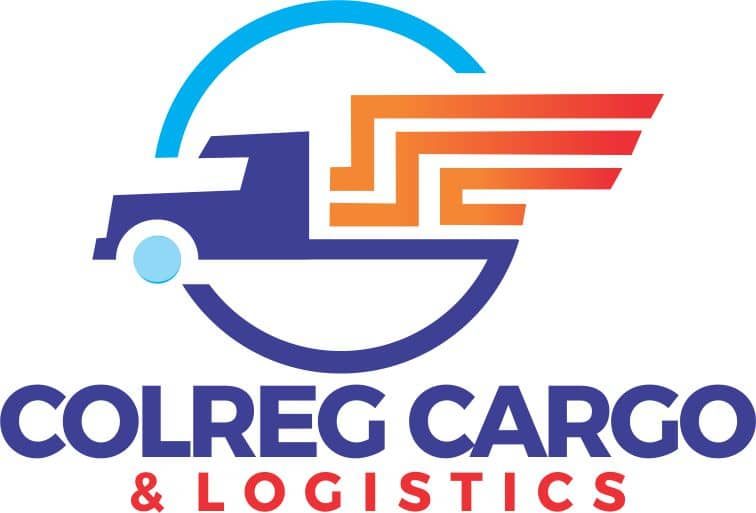The logistics industry, once reliant on manual processes and paperwork, is undergoing a technological revolution. In this article, we delve into the transformative impact of technology on logistics, exploring how innovative solutions are streamlining operations, reducing costs, and enhancing efficiency.
The digital age has ushered in a new era for logistics. As global trade and e-commerce continue to surge, logistics companies face increased demand, tighter delivery windows, and the need for sustainable practices. Technology emerges as a game-changer to address these challenges.
Before we explore the role of technology, it's essential to understand the key challenges that logistics companies face. These include optimizing routes, managing inventory, ensuring timely deliveries, reducing operational costs, and minimizing environmental impact. One of the most significant contributions of technology to logistics is the ability to harness big data. Advanced analytics provide logistics companies with valuable insights into customer behavior, demand patterns, and operational efficiency.
Route optimization software uses real-time data to determine the most efficient delivery routes. This not only saves time but also reduces fuel consumption and emissions, contributing to sustainability efforts. Automation in logistics extends to warehouses. Robots, RFID technology, and conveyor systems work together to accelerate order fulfillment, minimize errors, and improve inventory management.
Autonomous vehicles, including self-driving trucks and drones, are transforming the transportation aspect of logistics. They promise to reduce labor costs, improve safety, and optimize long-haul deliveries. IoT sensors provide real-time visibility into the condition and location of goods. They monitor factors like temperature, humidity, and shock, ensuring that sensitive cargo reaches its destination intact. IoT-enabled fleet management systems allow logistics companies to remotely monitor vehicle performance, track fuel consumption, and schedule maintenance, reducing downtime and enhancing safety.
Blockchain technology enhances transparency and trust in the logistics supply chain. It ensures that all parties involved can track the movement of goods, verify authenticity, and reduce fraud. Smart contracts on blockchain platforms automate various aspects of logistics, such as payment processing and customs documentation. This reduces paperwork, speeds up transactions, and minimizes disputes.
Technology is driving sustainability in logistics. Electric vehicles, alternative fuels, and green packaging solutions reduce the industry's environmental footprint. Data analytics help logistics companies measure and reduce their carbon emissions. This not only aligns with environmental goals but also satisfies the increasing demand for eco-friendly practices from customers.
In conclusion, technology has reshaped the logistics industry, making it more efficient, sustainable, and customer-centric. As we continue to embrace cutting-edge solutions like data analytics, automation, IoT, and blockchain, logistics will become even more streamlined and environmentally responsible. The future of logistics is defined by innovation, where technology plays a leading role in delivering goods faster, smarter, and greener. As logistics companies adopt these transformative technologies, they not only stay competitive but also contribute to a more connected and sustainable world.





